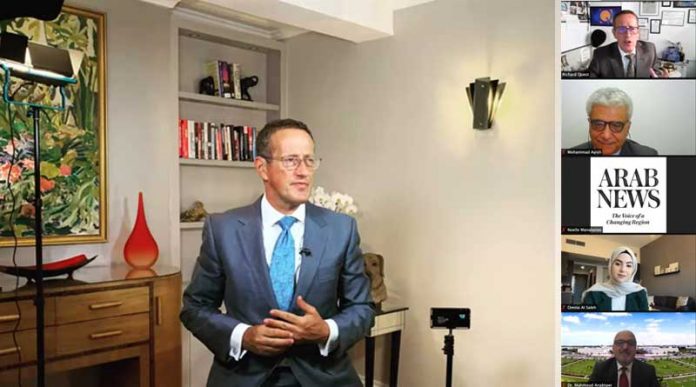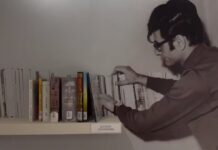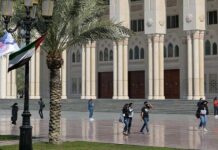
By Sakina Dholfar
UNIVERSITY CITY, SHARJAH – Overcoming technological issues and simply “getting on-air” was perhaps the biggest challenge of covering news during the pandemic, two international journalists told an online audience during an American University of Sharjah-sponsored event on March 15.
Speaking in the Young Media Leaders webinar to about 220 participants, including many Mass Communication students, Richard Quest, CNN business correspondent and anchor of “Quest Means Business,” said safety issues involved not only that of journalists but also of those working in the control rooms.
Quest said teams that once covered news worldwide found themselves working as individual correspondents; he detailed his own efforts to convert his apartment into a working newsroom and studio.
Co-panelist Faisal J. Abbas, editor-in-chief of the Riyadh-based English language daily Arab News, agreed with Quest that the technical ability to deliver news to their audience is a crucial skill for journalists.
Abbas added that the pandemic has increased the element of competition among news operations.
The effects of COVID-19 are not limited to age or geographical boundaries, Abbas noted. Its importance to the entire audience, and in an atmosphere sometimes influenced by conspiracy thinking and fake news, forced journalists to often consider issues of speed vs. accuracy, he said.
Mass Communication alumna and broadcast journalist Omnia Al Saleh moderated the event, which ran from 5-6:30 p.m., and relayed questions from the audience. Asked for their advice to young journalists, Quest said with a laugh that his would be “Just do the bloody job!” while Abbas stressed that journalists needed a sustained passion for the field.
The event was organized in partnership between AUS and the Abu Dhabi Festival through the Abu Dhabi Music and Arts Foundation within the Young Media Leaders initiative.

















